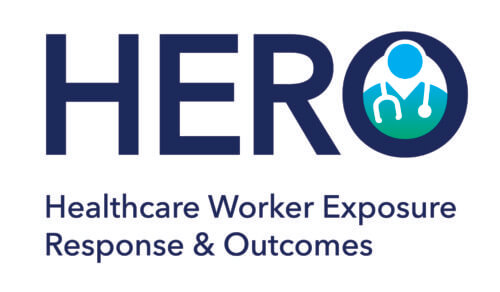Chris Forrest, PCORnet® Steering Committee member and principal investigator for PEDSnet, a PCORnet Network Partner, recently participated in a webinar hosted by U.S. News and World Report entitled “Improving Pediatric Care: How New Data Tools Are Moving the Needle.” The webinar was an exploration of the opportunities for children’s hospitals to use (and share) data to do a faster and more accurate job of diagnosing and treating patients while also improving safety and efficiency. Forrest cited PCORnet®, the National Patient-Centered Clinical Research Network, as an important tool for addressing pediatric challenges and identifying trends over time.
“PCORnet can offer researchers insights from the health records of more than 70 million Americans,” said Forrest on the webinar. He cited as an example that if a researcher wanted to enroll 20,000 kids who have been infected with COVID-19 in a study to explore their phenotypes over the long term, PCORnet can help. The Network offers a breadth of data not available at a single institution, making it a valuable resource for researchers.
Forrest also noted the importance of engaging patients and caregivers to better deploy data tools and move the needle for pediatric research. Patient engagement is a central component of all PCORnet-enabled research.
“We have established regulatory agreements and institutional trust for a national learning collaborative, but we also need to have conversations with families to earn the public’s trust around the bold new ways we can use their data,” he said. “To bring the larger vision of data and technology to life, that bedrock of trust with communities is essential.”
Forrest shared the webinar panel with several other experts:
- Anthony Chang, Chief Intelligence and Innovation Officer, Children’s Hospital of Orange County
- Kathy J. Jenkins, Executive Director, Center for Applied Pediatric Quality Analytics, Boston Children’s Hospital
- Anthony Oliva, Vice President and Chief Medical Officer, Healthcare Division, Nuance
Watch the webinar in full at U.S. News and World Report’s events page.

 The Healthcare Worker Exposure Response & Outcomes (HERO) Registry launched today, marking the first major milestone in a
The Healthcare Worker Exposure Response & Outcomes (HERO) Registry launched today, marking the first major milestone in a